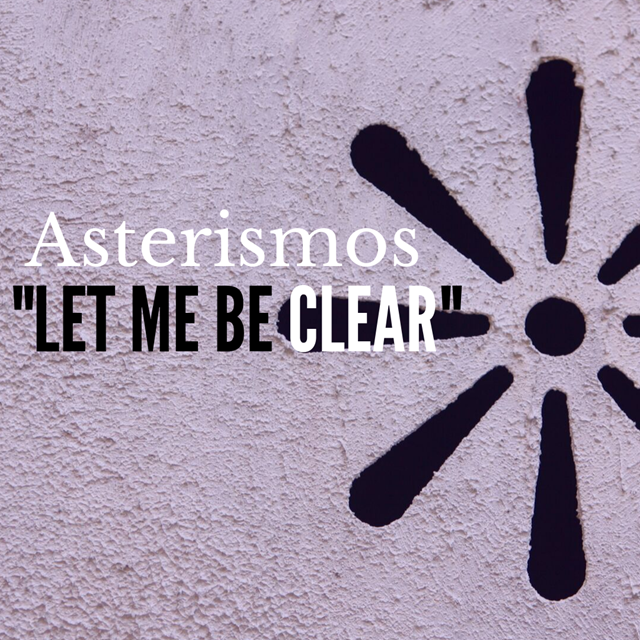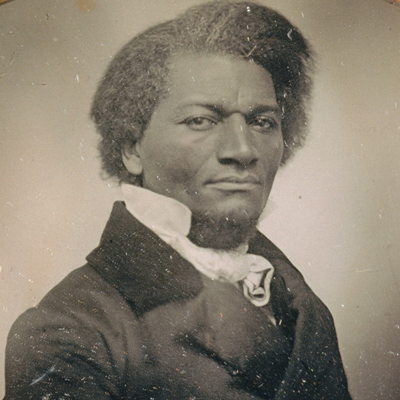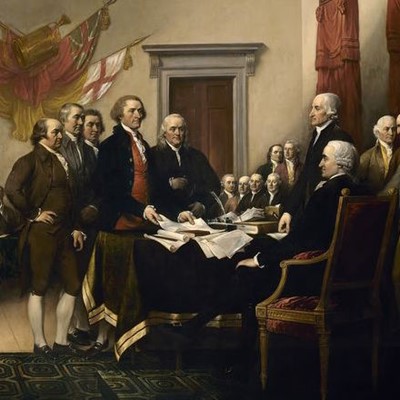
Even when we’re not aware of it, we’re using many of the same rhetorical techniques Aristotle, Cicero, Abraham Lincoln, Frederick Douglass, Winston Churchill, Martin Luther King, Jr. and other greats have employed in public speaking. Each month, The Buckley School's resident students of classical rhetoric explain a rhetorical device and show us how it’s being used for good and for evil.
BY JENNY MAXWELL and JANA DALEY
"Truly, I say to you, it will be hard for a rich man to enter the kingdom of heaven."
– Example of "let me be clear" asterismos from the Bible
Last week at a workshop we were leading in Houston, talk turned to the impressive public speaking done by Barack Obama. Even as we all admired his skills and talent, one member of the class pointed out that Obama uses unnecessary phrases, most famously "Let me be clear."
What's that about, they wanted to know. After all, we'd just told them to cut most of their own set-up phrases and fluff.
It's about calling attention to what's next…highlighting it…starring it.
Which is why the rhetorical term for this technique is asterismos. Like asterisk. From the Greek for "marking with stars." It's pronounced as-tur-IS-muss.
Though some speech-making experts classify Obama’s "let me be clear" as a typical verbal tic like uh and you know, Kathleen Hall Jamieson, director of the Annenberg Public Policy Center at the University of Pennsylvania, calls it a pointing phrase, a term you'll hear more often than asterismos.
Like behold, looky here, and here’s the thing, she says Obama's "let me be clear" means he wants you to zoom in on what comes next.
In an interview with Politico , Jamieson explained, "It’s a phrase that says, 'What I'm about to tell you is important'," adding that when Obama used it, one message was most surely clear: "What’s your natural response if you’re a reporter? Sound bite."
Of course, Obama was not the only president to use a) asterismos and b) that phrase or a variation on it.
Nixon: "Let me make one thing perfectly clear"
Reagan: "Let me be clear"
Clinton: "Make no mistake about it"
Why do they use it? Does it mean that everything else they’re saying is beside the point?
Not exactly. But when a president (or any other person) gives a speech heavy with points and policy, it helps to capture attention and make a big idea more memorable if you tee it up with some kind of "hey look at this" phrase.
Of course, the flip side is that you can come off as less than genuine. Phrases like "let’s be frank" or "in all honesty" can make an audience wonder if you were being less than honest in the paragraphs prior.
Alexander Cockburn shared his opinion on this in The Nation: "'Let me be clear,' says Obama, and, as with George Bush's rapid eye movements when he was telling a lie, you know the forty-fourth president is on the brink of some absurdity."
To see some of the many ways he's "let me be clear," here’s a compilation from Obama’s use of asterismos as president:






